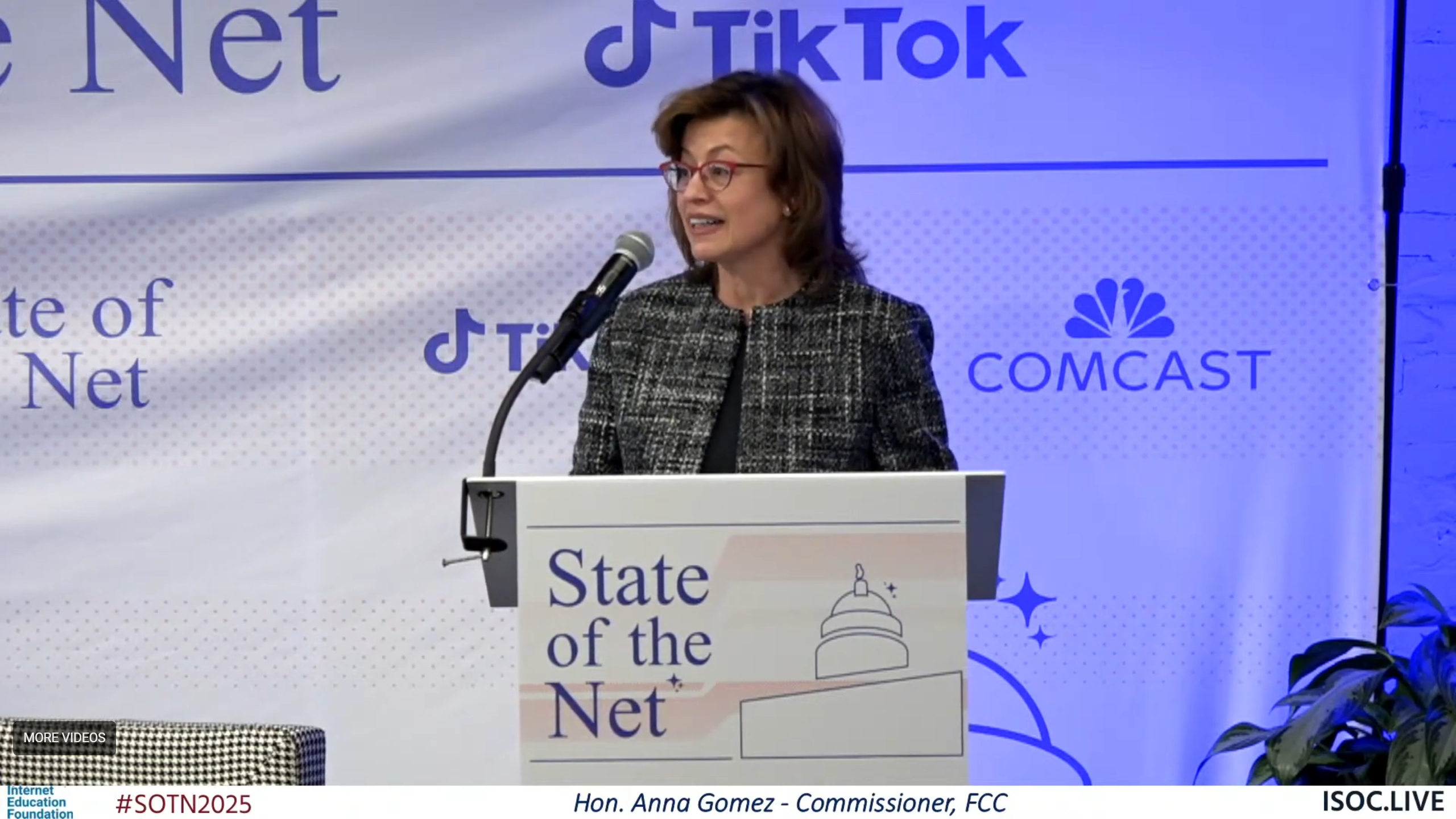SoftBank acquisition of Sprint Nextel good for consumers, says FCC
The professional video industry's #1 source for news, trends and product and tech information. Sign up below.
You are now subscribed
Your newsletter sign-up was successful
Japanese telecom firm SoftBank is expected to close its deal to acquire Sprint Nextel for an estimated $21.6 billion today after receiving approval from the FCC last week for the transfer of various wireless licenses held by Sprint and Clearwire.
The deal comes following approval July 8 by the majority of Clearwire shareholders not affiliated with Sprint or SoftBank and more than 75 percent of outstanding shares to merge with Sprint for $5 per share. According Clearwire announcement, 82 percent of shareholders unaffiliated with Sprint voted to merge.

In approving the transfer of wireless licenses July 3, the FCC noted that the acquisition is in the public interest and that it “differs from wireless transactions in which two domestic competitors with overlapping service areas or spectrum holders are seeking approval to merge, thereby eliminating an existing competitor.”
The regulatory agency noted that about $5 billion of the purchase price will be available to Sprint for potential investment in its network and to enhance its wireless broadband service, something that has been an overall priority of the commission since release of its National Broadband Plan in March 2010.
The deal will create the third largest wireless carrier in the United States with licenses for substantial wireless spectrum that can be used to expand availability of 4G wireless service. In approving the deal, FCC commissioner Ajit Pai noted the transaction is good for wireless consumers who will have access to “an invigorated company” better positioned to “deliver advanced wireless products and services.”
Pai also said that with the approval the agency has “shown that regulation need not impede access to the international financial markets and foreign capital.”
Acting FCC chairwoman Mignon Clyburn also noted the potential benefit of the SoftBank deal for consumers. “The increased investment in Sprint's and Clearwire's networks is likely to accelerate deployment of mobile broadband services and enhance competition in the mobile marketplace, promoting customer choice, innovation and lower prices,” she said.
The professional video industry's #1 source for news, trends and product and tech information. Sign up below.
